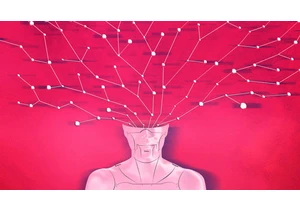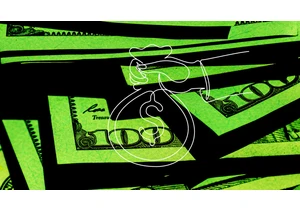An artificial intelligence watchdog is accusing OpenAI of training its default ChatGPT model on copyrighted book content without permission.
In a new paper published this week, the AI Disclosures Project alleges that OpenAI likely trained its GPT-4o model using nonpublic material from O’Reilly Media. The researchers used a legally obtained dataset of 34 copyrighted O’Reilly books and found that GPT-4o showed “strong recognition” of the company’s paywalled content. By contrast, GPT-3.5 Turbo appeared more familiar with publicly accessible O’Reilly book samples.
“These results highlight the urgent need for increased corporate transparency regarding pre-training data sources as a means to develop formal licensing frameworks for AI content training,” the authors wrote in the paper. Tim O’Reilly, one of the paper’s authors, is a cofounder and CEO of O’Reilly Media.
An OpenAI spokesperson didn’t immediately respond to Fast Company‘s request for comment.
Training data lies at the heart of all artificial intelligence models. Large language models (LLMs) require an incredible amount of information that it uses to guide back on when it churns out text or images for users.
OpenAI has struck up some licensing deals to be able to train their models on certain content. But the company, which recently fundraised and is worth $300 billion, has also come under fire for sourcing certain content. The New York Times, for example, is leading a charge against OpenAI and minority owner Microsoft over alleged copyright infringement.
The researchers acknowledged limitations in their study but argued that the issue is likely part of a broader systemic problem in how large language models are developed.
“Sustainable ecosystems need to be designed so that both creators and developers can benefit from generative AI,” the authors wrote. “Otherwise, model developers are likely to rapidly plateau in their progress, especially as newer content becomes produced less and less by humans.”
Войдите, чтобы добавить комментарий
Другие сообщения в этой группе

The nonstop cavalcade of announcements in the AI world has created a kind of reality distortion field. There is so much bu

Google released its new Gemini 2.5 Pro Experimental AI model late last month,

TikTok is shutting down TikTok Notes—wait, you didn’t even know it existed? Well, that explains a lot.
TikTok Notes, the platform’s short-lived attempt to take on Instagram (just as Inst

Influencing has a major pay gap, and it’s not what you might expect.
A new report from Collabstr, based on over 15,0


Tech leaders often brand themselves as “disruptors”—and few fit that label more snugly than Elon Musk. In the three months since joining Donald Trump in the White House following Trump’s election,

As the weekend deadline for TikTok to find a buyer approaches, bidders for the short-video so
